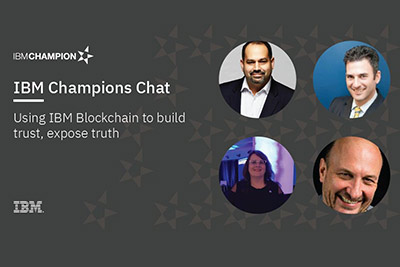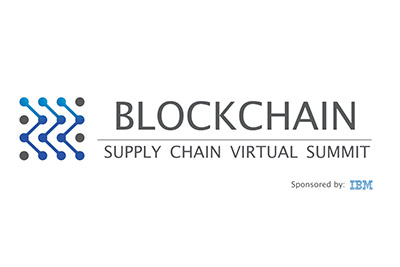The advent of Blockchain has made enterprises rethink their strategy. Companies are realizing that blockchain solutions are an effective way to streamline their business processes and lower their costs. Organizations have been looking for frameworks to build their solutions, which aren’t directly tied to public protocols, but instead focused on enterprise requirements.
In the past few years, enterprises have gotten together to create new blockchain standards focused on security, as well as distributed and trusted frameworks, to deliver scalable blockchain solutions. Let’s review some of the frameworks which can be used by solution providers to build applications and add value to customers.
Hyperledger
Hyperledger is a complete end-to-end business blockchain technology. It is a global collaboration hosted by Linux Foundation. This group created a set of standards and a list of projects to build to ultimately implement solutions. Applications can be built either using only Hyperledger components or a combination of Hyperledger tools and other blockchain protocols like Ethereum or Multichain.
Hyperledger framework includes:
- Hyperledger Fabric distributed ledger
- Hyperledger Sawtooth distributed ledger
- Hyperledger Iroha distributed ledger
- Hyperledger Indy distributed ledger
- Hyperledger Burrow, a permission smart-contract blockchain.
Hyperledger also has a set of tools which makes management easier:
- Hyperledger Cello for management and analytics
- Hyperledger Composer to build business networks
- Hyperledger Explorer a Web UI.
Currently Hyperledger is one of the most mature blockchain solutions around for enterprises. IBM Bluemix cloud provides an easier way to host and develop Hyperledger solutions.
Multichain
Multichain is an off-the-shelf platform to create and deploy private blockchains within or between organizations. Multichain has been derived from Bitcoin technologies. Multichain focuses on 3 main elements:
- Blockchain activity is only visible to chosen participants.
- Controls over which transactions are permitted
- Mining to take place securely without proof of work
Multichain is in its early stages and is slowly evolving through the addition of new features.
Coco Framework
Coco framework is an open source platform created by Microsoft to run on Azure. It’s not a standalone protocol, but can be integrated with blockchain protocols such as Ethereum, Quorum, or Corda to deliver complete, enterprise-ready ledger solutions.
Coco focuses on:
- Throughput and latency approaching database speeds
- Flexible confidentiality
- Network policy management through distributed governance
Microsoft plans to launch this framework to the public in 2018.
Each of these frameworks are still in the early evolution phase. As new applications and solutions are rolled out, they will mature and soon become industry leaders.



